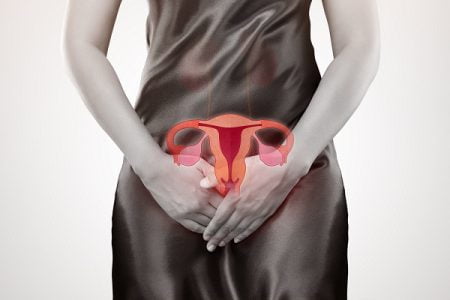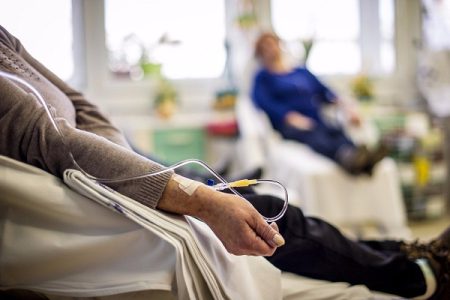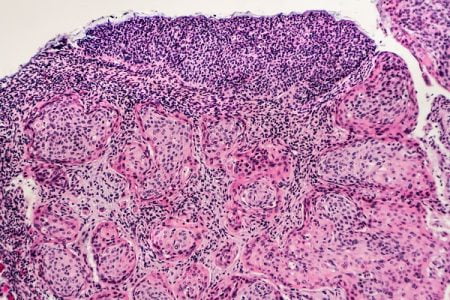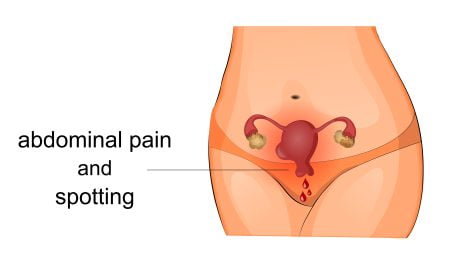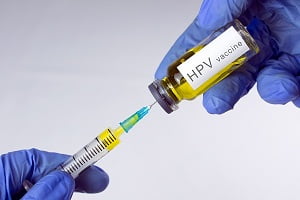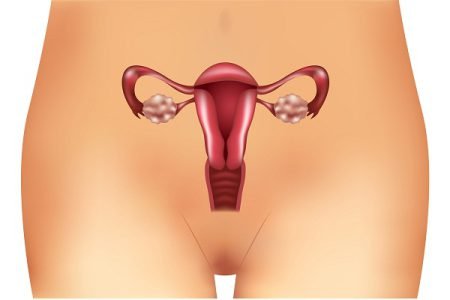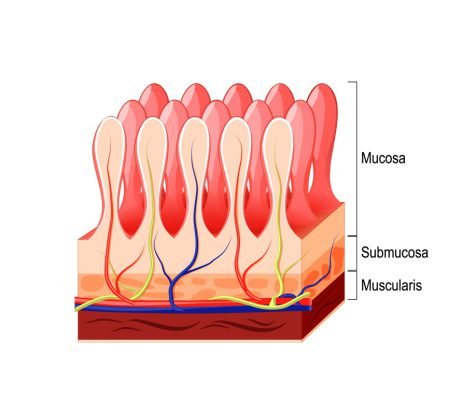Browsing: Cervical Cancer
Comprehensive Information, Resources, and Support on Cervical Cancer
Cancer treatments can cause several changes to your body. There are some side effects of each type of cancer treatment, which different people experience differently. As you prepare yourself for cancer treatment, you may benefit from these coping strategies.
ASCO’s Recommendations for Preventing Cervical Cancer in Women Worldwide – 2016: Important Highlights
The American Society of Clinical Oncology (ASCO) issued guidelines on screening for cervical cancer among women in 2016. Cervical cancer one of the leading causes of cancer-related deaths among women throughout the world. The guideline provides evidence-based recommendations for primary screening, follow-up after positive testing results, and for the treatment of cervical pre-cancers.
What You Should Know About Chemotherapy for Cancer
Chemotherapy is a widely used treatment for cancer. The term ‘chemotherapy’ refers to the drugs that prevent cancer cells from dividing and growing. It works by killing the cells that divide in an uncontrolled way.
Early Detection, Prevention, and Screening of Cervical Cancer
The most common type of cervical cancer begins with pre-cancerous changes. Till date, we do not know ways to stop this disease from starting or developing. The only way to prevent the disease from progressing is to find and treat pre-cancers before they become actual cervical cancers and to prevent the pre-cancers.
What Is Cervical Biopsy?
A cervical biopsy is a diagnostic procedure to detect and evaluate cervical cancer (cancer of the cervix). It involves removal of tissue from the cervix to test for abnormal or precancerous changes, or cervical cancer. Cervix is the lower, narrow part of the uterus in women.
Human Papillomavirus (HPV) Vaccination for Prevention of Cervical Cancer in Women
Human papillomaviruses (HPVs) are a group of about 200 related viruses. About 40 types of them can easily spread through direct sexual contact, from the skin and mucous membranes of the infected people. Three HPV vaccines are approved by the Food and Drug Administration (FDA) to prevent HPV infection including cervical cancer.
Living with cervical cancer can be a life-changing experience. Many changes may occur, such as attitudes change, priority change, change in perspective towards life, etc. Some women affected by cervical cancer can no longer have children or may face other health issues. Cancer survivors have to look for different ways to cope with the after-effects of cancer.
Cervical cancer is caused due to various factors including DNA mutations, gene defects, and infection by HPV. HPV has greater chances of causing cancers of the cervix as well as cancers of the penis in men. Infection by HPV can also lead to cancers of the mouth, throat, and anus in both men and women.
Cervical cancer is not hereditary, but there are chances of cervical cancer to run in some families. Almost 95% of its cases are due to persistent infections by the HPV virus. About four out of five sexually active women (about 75 to 80%) can be infected with some type of HPV throughout their lives. But, it is not mandatory that all these women will acquire cervical cancer.
Are We Ready to Meet the Challenge of Cervical Cancer in Women?
The introduction of the Pap test and newly available treatment and diagnostic methods have reduced the incidence of cervical cancer has fallen and mortality rate has decreased significantly. However, women who are not diagnosed through HPV screening in the early stages are usually affected with advanced state of the disease.





